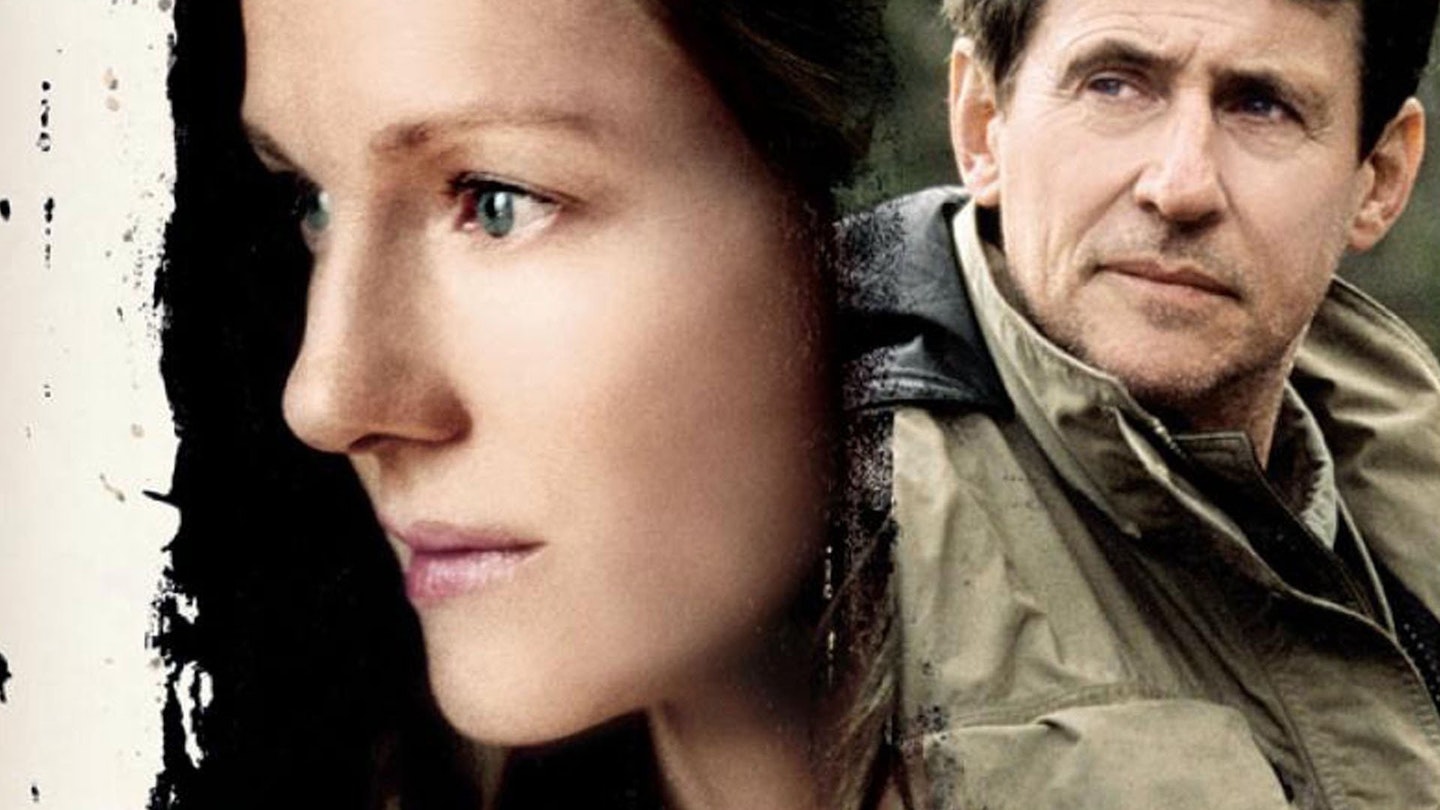Reconciliation between white and Aboriginal Australians remains a painful process which, rather than ‘healing’ with time, has been allowed to fester unattended (or for many whites, ignored in the hope it’ll go away). It remains a tense, shameful subject, and even today the nation’s Prime Minister refuses to formally apologise to, or for, the Stolen Generation of the 20th century — Aboriginal children forcibly removed from their parents and placed in white homes. The most they’ve managed, for legal reasons (read: massive compensation), is an expression of “deep regret”, and this clearly bothers Ray Lawrence.
After the superb Lantana, he’s no stranger to exploring grief, but here the director examines it on the scale of an entire race. Beatrix Christian’s adaptation of the Raymond Carver short story So Much Water So Close To Home manages to distil a culture-wide problem, present it clearly, and expose the fundamental flaws in the argument. Some will be familiar with Carver as the source for Robert Altman’s Short Cuts — one thread of that film is So Much Water — but Christian does a remarkable job in divining the story’s relevance to this specifically Antipodean issue. It’s just a pity that an excellent core is over-dressed with genre silliness (did we really need to tiptoe towards horror?) and a touch of the twee come wrapping-up time.
Gabriel Byrne leads a string of solid performances as one of the four men who decide to moor a corpse they’ve discovered floating through their favourite fishing spot to a tree. There’s no phone reception, and there’s no reviving her — they make it seem almost rational. Almost. But while they aren’t responsible for the girl’s death, their bizarre error of judgement still demands an apology, and their reluctance to offer one escalates tensions across the community: white Australia’s problem in a nutshell.
Laura Linney leads the female cast, and while typically strong is given short shrift; you can’t quite figure out if she’s on board to provide a foreign perspective — a nagging presence constantly in need of that horrible pop-psych term, ‘closure’ — or just a big US name. Either way it’s never a comfortable fit, even for an actor of her talent. These niggles begin to add up, which is a genuine shame for Jindabyne has, at its core, ideas that deserve to be seen and, more importantly, voiced.
